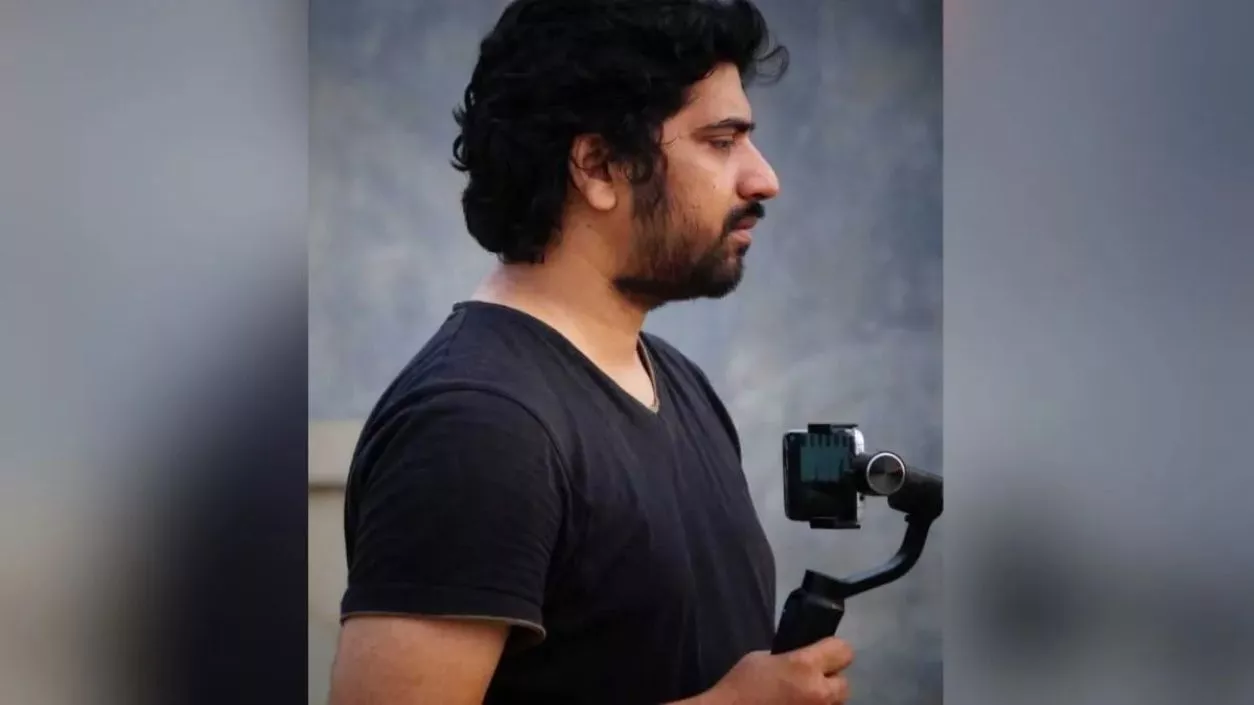.gif)
.gif)

A 41-year-old man, Nishant Tripathi, was found dead in his hotel room at Sahara Hotel in Mumbai’s Vile Parle on February 28. He had checked in three days earlier and placed a ‘Do Not Disturb’ sign outside his door. When hotel staff received no response from him, they used a master key to enter and found him hanging in the bathroom. The police were immediately informed, and his body was sent for post-mortem.
During the investigation, police discovered that Tripathi had uploaded a suicide note on his company’s website, which was password-protected. In the note, he expressed love for his wife, Apoorva Parikh, but also accused her and her aunt, Prarthana Mishra, of being responsible for his death. “Hi babe, by the time you read this, I’ll be gone… I loved you then. I love you now. And as I had promised, it’s not going to fade,” he wrote. He also urged them not to approach his grieving mother.
Following a complaint from Tripathi’s mother, Neelam Chaturvedi, police initially registered an Accidental Death Report (ADR). However, after reviewing the note and conducting preliminary investigations, they filed an FIR under Section 108 of the Indian Penal Code against Parikh and Mishra for alleged abetment to suicide. No arrests have been made so far, and further investigations are underway.
Tripathi’s mother, a Kanpur-based activist, expressed her grief in a social media post, stating, “My son, Nishant, was my everything… He was supposed to perform my last rites, but today I performed his cremation.” She mentioned dedicating years to fighting for women’s rights and empowerment while now facing the loss of her own son.
This incident follows similar cases in recent months where men have accused their wives and in-laws of harassment before taking their lives. In Agra, Bengaluru, and Delhi, men allegedly died by suicide citing mental torture and legal pressures from their spouses’ families. These cases have sparked discussions on gender-neutral laws and protection for men facing domestic disputes. Police continues to examine Tripathi’s digital records, communication history, and other evidence.